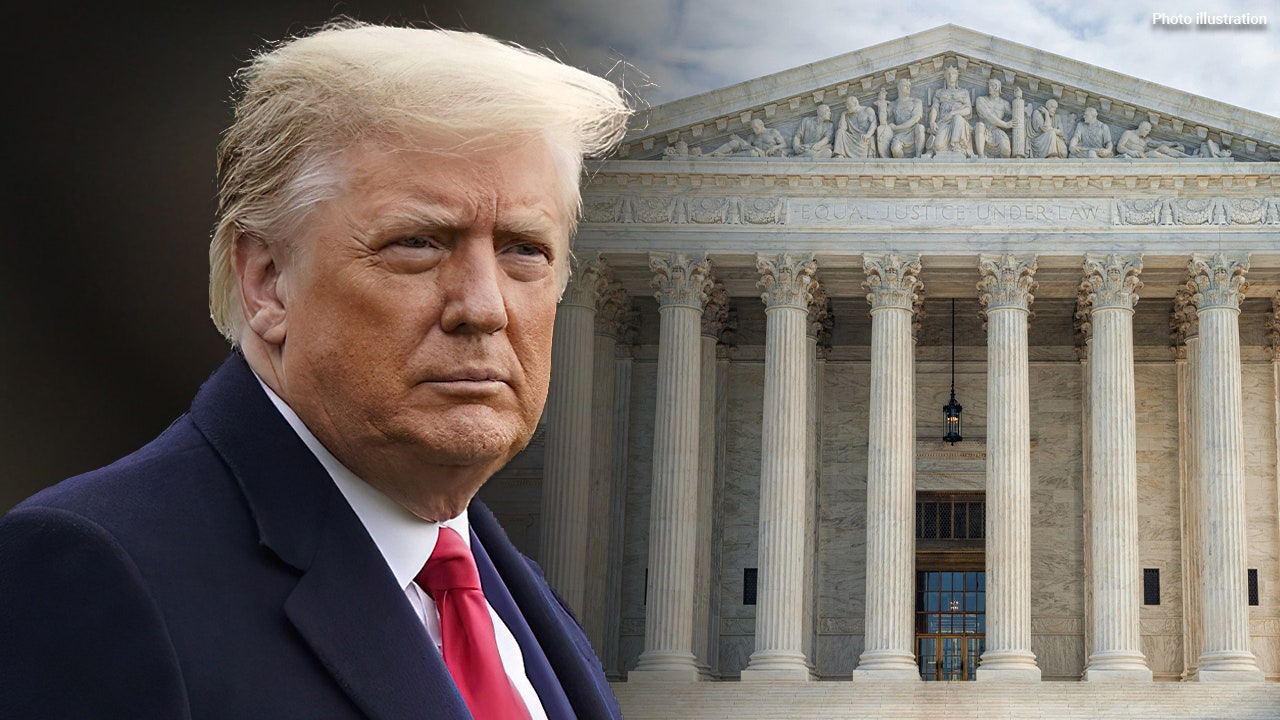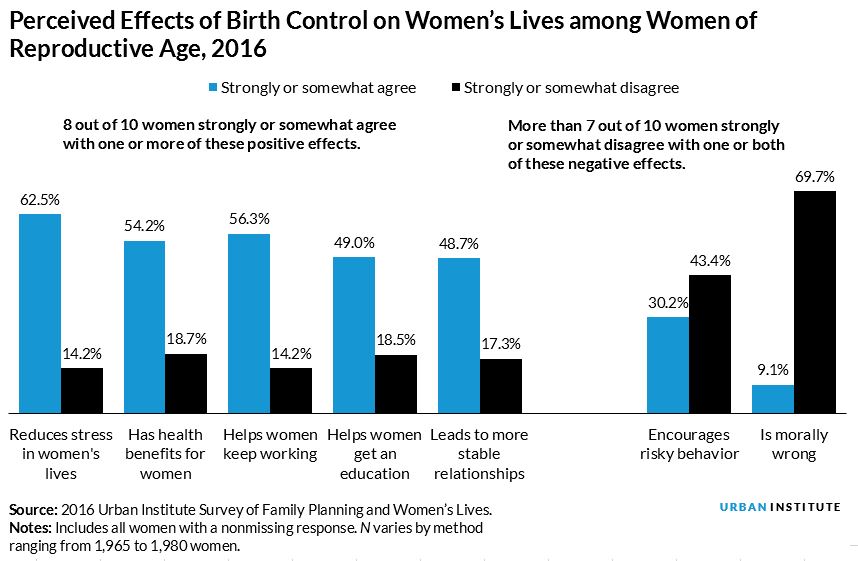Auto Dealers Intensify Opposition To Mandatory Electric Vehicle Sales

Table of Contents
Economic Concerns Driving Dealer Opposition
The core of auto dealer opposition to mandatory EV sales mandates stems from significant economic challenges. The transition to EVs requires substantial upfront investments and creates uncertainty about future profitability.
-
High Upfront Investment in EV Infrastructure: Dealerships need to invest heavily in charging stations, specialized tools, and trained technicians to service electric vehicles. This represents a considerable financial burden, particularly for smaller dealerships. The cost of installing and maintaining adequate EV charging infrastructure is a major deterrent.
-
Lower Profit Margins on EVs: Currently, profit margins on EVs are generally lower than those on gasoline-powered vehicles. This difference is attributed to several factors, including higher manufacturing costs and potentially lower consumer willingness to pay premiums for EVs, despite government incentives. The lower profit margins impact dealer profitability directly and threaten their financial stability.
-
Challenges in Managing EV Inventory: EVs often have longer lead times than gasoline cars, making inventory management more complex. Fluctuating demand and supply chain issues further complicate the picture, leading to potential losses due to overstocking or understocking. Efficient inventory management is key for success in the automotive business, and EV sales mandates create new complexities.
-
Need for Specialized Sales Training: Selling and servicing EVs requires specialized knowledge and training. Dealerships need to invest in training programs for their staff, adding to their operational costs. Effective training is necessary to address consumer concerns and ensure satisfactory service.
-
Uncertainty about Consumer Demand and Government Incentives: The long-term success of EVs hinges on consumer adoption, which is heavily influenced by government incentives and policies. Uncertainty surrounding future government support and consumer demand creates risk for dealerships investing in the EV transition. The lack of consistent policy creates a climate of uncertainty and reluctance to invest.
Concerns about Consumer Readiness and Infrastructure Gaps
Beyond economic considerations, auto dealers express significant concerns about consumer readiness and the lack of adequate infrastructure to support widespread EV adoption.
-
Lack of Widespread Charging Infrastructure: The current EV charging network, particularly in rural areas, is insufficient to meet the demand projected under mandatory sales targets. Range anxiety is exacerbated by a lack of readily available charging options. This inadequate infrastructure poses a significant hurdle for EV adoption and consumer acceptance.
-
Range Anxiety: Many potential EV buyers remain hesitant due to concerns about range anxiety—the fear of running out of battery power before reaching a charging station. Addressing this concern requires extensive investment in charging infrastructure, as well as advances in battery technology.
-
Concerns about Reliability and Speed of EV Charging: The reliability and charging speed of existing infrastructure are also crucial factors impacting consumer confidence. Inconsistent charging speeds and unreliable charging stations undermine consumer faith in EVs.
-
Uncertainty about the Electricity Grid's Capacity: A massive increase in EV adoption will put significant strain on the electricity grid. Concerns exist about the grid's ability to handle this increased demand without major upgrades and potential disruptions to the power supply.
-
Government Investment in Supporting Infrastructure: Auto dealers emphasize the critical need for significant government investment in expanding and improving the EV charging infrastructure to support mandatory EV sales targets. This investment is crucial for addressing consumer concerns and facilitating a smooth transition.
The Role of Government Incentives and Regulations
Government incentives and regulations play a crucial role in shaping the EV transition. However, the current approach is met with mixed reactions from auto dealers.
-
Debate over Effectiveness and Fairness of Current Incentives: The effectiveness and fairness of current government subsidies and tax credits are under debate. Some argue that they disproportionately benefit wealthier consumers, while others contend they are insufficient to drive widespread adoption.
-
Concerns about Regulatory Burden: Auto dealers worry about the significant regulatory burden imposed by EV mandates. Compliance costs, reporting requirements, and potential penalties add to the economic challenges they face.
-
Balancing Environmental Goals and Economic Viability: The debate revolves around finding a balance between ambitious environmental goals and the economic viability of dealerships. A rapid transition without adequate support could lead to business closures and job losses.
-
Different Approaches to Promoting EV Adoption: The discussion includes different approaches to promoting EV adoption, such as tax credits, direct subsidies, or a combination of strategies. A flexible and adaptable approach may be more effective than rigid mandates.
-
Impact of Differing Regulations Across States and Countries: Inconsistency in regulations across different states and countries creates further complexity for auto dealers operating in multiple jurisdictions. Standardization is necessary for efficient operations and a level playing field.
Alternative Solutions and Strategies for a Smooth EV Transition
Instead of imposing strict mandates, a more collaborative and phased approach could mitigate the risks and facilitate a smoother EV transition.
-
Phased Approach to EV Mandates: A phased approach allows the market to adapt gradually, giving dealers time to invest in infrastructure and training without overwhelming the system. A gradual increase in EV sales targets is more realistic than immediate, drastic changes.
-
Investing in Consumer Education Campaigns: Targeted consumer education campaigns can help address misconceptions and concerns about EVs, boosting consumer confidence and driving demand. Clear communication and effective education are key to overcoming consumer hesitancy.
-
Promoting Collaboration between Automakers, Dealers, and Government Agencies: Strong collaboration among automakers, dealers, and government agencies is crucial for coordinating efforts and ensuring a successful transition. Open dialogue and collaborative planning are essential.
-
Addressing Range Anxiety and Charging Infrastructure Limitations: Addressing range anxiety and improving charging infrastructure should be prioritized to encourage wider consumer adoption. Targeted investment in infrastructure and technological advancements are vital.
-
Highlighting the Long-Term Benefits of Sustainable Transportation: Promoting the long-term environmental and economic benefits of sustainable transportation can help gain public support and encourage wider participation in the EV transition. Educating the public about the benefits of electric vehicles is crucial for overcoming resistance.
Conclusion
The opposition of auto dealers to mandatory electric vehicle sales highlights significant economic and logistical challenges. The concerns regarding dealer profitability, consumer readiness, and infrastructure limitations are valid and require careful consideration. Policymakers must adopt a balanced approach that supports the transition to electric vehicles while mitigating potential negative impacts on the automotive industry. A collaborative, phased approach, coupled with robust government investment in infrastructure and consumer education, offers a more sustainable pathway towards a successful and equitable EV future. We urge policymakers to engage in constructive dialogue with auto dealers and stakeholders to develop effective strategies for accelerating the transition to electric vehicles, while ensuring the long-term health of the automotive industry. The future of the automotive landscape depends on finding a solution that addresses both environmental goals and the economic realities of mandatory electric vehicle sales.

Featured Posts
-
 January 6th Hearing Witness Cassidy Hutchinson To Publish Memoir This Fall
Apr 22, 2025
January 6th Hearing Witness Cassidy Hutchinson To Publish Memoir This Fall
Apr 22, 2025 -
 Pope Francis Death A Time Of Reflection And Prayer
Apr 22, 2025
Pope Francis Death A Time Of Reflection And Prayer
Apr 22, 2025 -
 Obamacares Fate In Supreme Court Trumps Role And Rfk Jr S Potential Rise
Apr 22, 2025
Obamacares Fate In Supreme Court Trumps Role And Rfk Jr S Potential Rise
Apr 22, 2025 -
 Access To Birth Control The Impact Of Over The Counter Availability Post Roe
Apr 22, 2025
Access To Birth Control The Impact Of Over The Counter Availability Post Roe
Apr 22, 2025 -
 Googles Search Monopoly Doj Returns To Court
Apr 22, 2025
Googles Search Monopoly Doj Returns To Court
Apr 22, 2025
